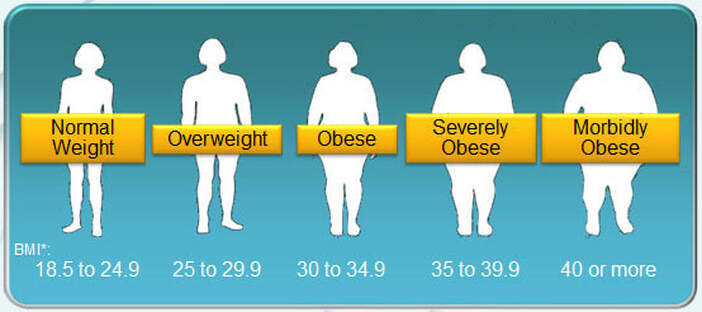Losing Weight: Why Fads may not be Your Friend
Advice rings out: “fast for a week”, “limit your eating window to six hours per day”, “stop eating two hours before going to bed.” It can often be overwhelming when everyone has a different opinion on how to schedule eating in order to lose weight. Luckily, research has simplified the decision to a simple equation of calories in versus calories out.
Calories are units of energy. They enable humans to function in their day-to-day activities, whether it be going to the gym, walking to class, writing with a pencil, or simply digesting what they previously ate. These kinds of activities force the human body to burn calories while simultaneously prompting the body to take in more calories by ingesting food. Some foods, like those that are fried, are higher in calories, while others, like fruits and vegetables, are lower. All humans require a different number of calories to have a sufficient amount of energy to both maintain their daily routines and respective weights. Any amount less than this requirement is considered a “caloric deficit”.
Calories are units of energy. They enable humans to function in their day-to-day activities, whether it be going to the gym, walking to class, writing with a pencil, or simply digesting what they previously ate. These kinds of activities force the human body to burn calories while simultaneously prompting the body to take in more calories by ingesting food. Some foods, like those that are fried, are higher in calories, while others, like fruits and vegetables, are lower. All humans require a different number of calories to have a sufficient amount of energy to both maintain their daily routines and respective weights. Any amount less than this requirement is considered a “caloric deficit”.
A year-long study sought to see if the timing of ingesting calories had any effect on weight loss. Research participants were divided into two groups. One group ate at a large caloric deficit for two out of seven days of the week, whereas the other group ate at a smaller caloric deficit but for all seven days of the week. At the end of the study, there was no significant difference in weight loss between the two groups: both groups lost relatively the same percentage of weight. This finding suggests that the time in which a person eats at a caloric deficit has no effect on how many pounds they shed, so long as they are simply eating less calories than they are burning.
Some people may find that limiting their eating window or not eating near bedtime may help them reduce the number of calories they ingest. Some people may similarly find that they prefer to not restrict what times they eat, finding that they can still cut their calories when eating at any time. In the end, if one seeks to lose weight, they should do so in a manner that is most sustainable for them in the long-term. Losing weight is not a quick process; there is no fast track to shedding pounds. Human bodies are unique and different people live different lifestyles. It is important for individuals to find what works for them and to not feel pressured, largely by media outlets or peers that say they have the “new trick” to losing weight. The math does not lie: calories in, minus calories out.
Some people may find that limiting their eating window or not eating near bedtime may help them reduce the number of calories they ingest. Some people may similarly find that they prefer to not restrict what times they eat, finding that they can still cut their calories when eating at any time. In the end, if one seeks to lose weight, they should do so in a manner that is most sustainable for them in the long-term. Losing weight is not a quick process; there is no fast track to shedding pounds. Human bodies are unique and different people live different lifestyles. It is important for individuals to find what works for them and to not feel pressured, largely by media outlets or peers that say they have the “new trick” to losing weight. The math does not lie: calories in, minus calories out.
Featured Image Source: TeroVesalainen
RELATED ARTICLES
|
Vertical Divider
|
Vertical Divider
|
Vertical Divider
|






